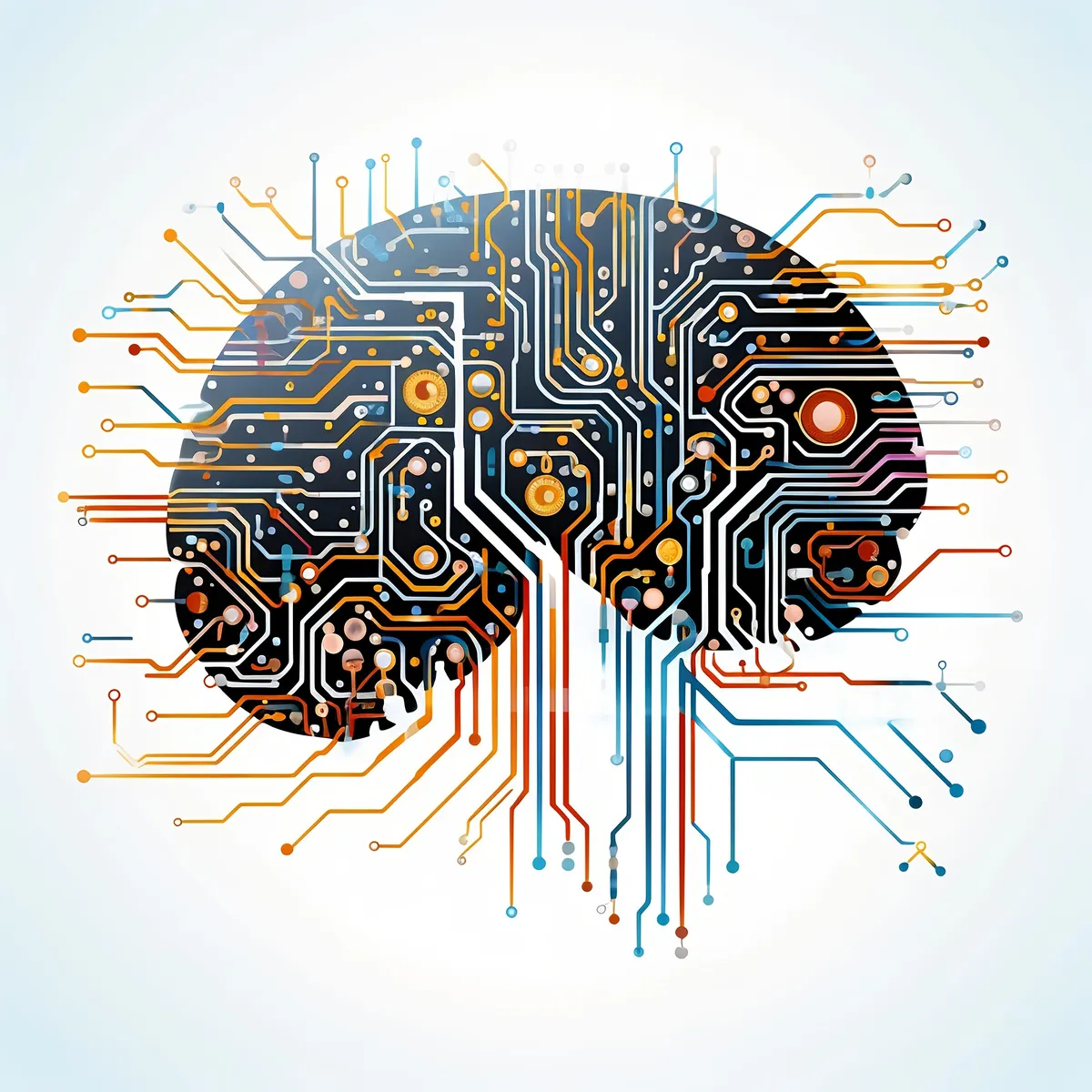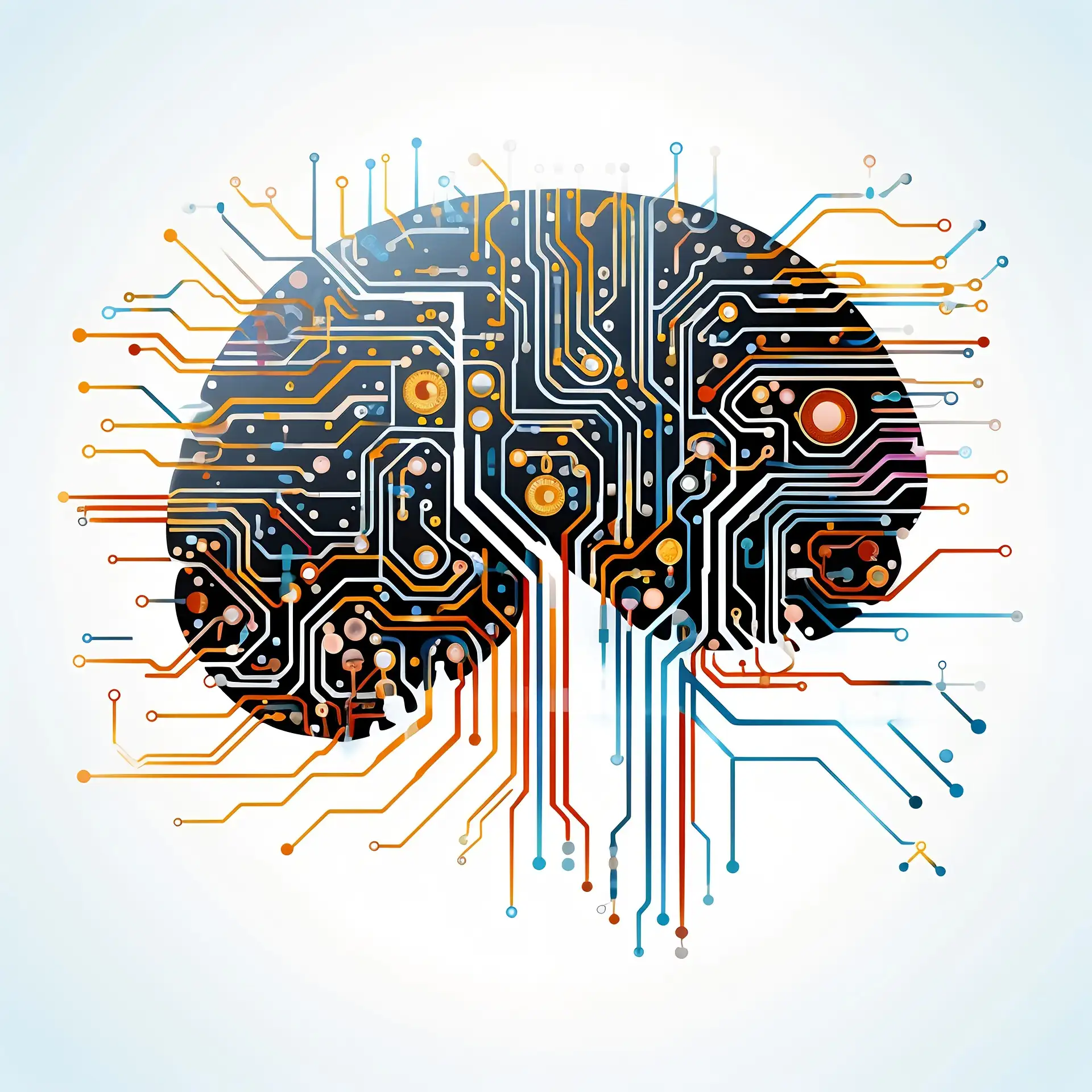The Graph ways of thinking and doing

Find out how thinking and doing graphs enables global thinking and better collaboration, enhancing your organization’s efficiency.
In today’s complex organizations, it’s not enough to simply store data — we need to understand how things connect.
Graph thinking is about moving beyond lists, tables, and static charts. It’s about modeling the relationships between people, systems, knowledge, and actions. And when you start doing graphs, not just thinking them, you begin to uncover powerful insights and opportunities for better collaboration.
Graph thinking
Graph thinking shifts your perspective from entities to ecosystems.
Instead of asking:
“What are the roles in our company?”
You start asking:
“Who works with whom, how often, and why?”
Instead of:
“Which documents exist?”
You ask:
“What knowledge flows between teams, and where are the gaps?”
This mindset allows for global thinking — seeing beyond silos, recognizing patterns, and identifying leverage points that are otherwise invisible.
Graph doing
Once you begin building and interacting with graphs, things change quickly:
- You reveal hidden dependencies in product design
- You spot redundant workflows or underutilized talent
- You discover who should be collaborating, but isn’t yet
Graph-based tools, like the ones we build at Nätverkeriet, give your team a shared view of the system. And from that, collaboration becomes easier, faster, and more meaningful.
Why it matters
The more complex your organization, the more you need to think in relationships. Relationships are what makes us progress.
Graph ways of thinking and doing:
- Break data and team silos
- Reveal collaboration potential
- Strengthen decision-making with real context
- Make innovation scalable and visible
In short, they turn complexity into clarity, and clarity into action.
Want to explore what a graph view of your organization could look like?
Let’s talk. Contact Nätverkeriet
